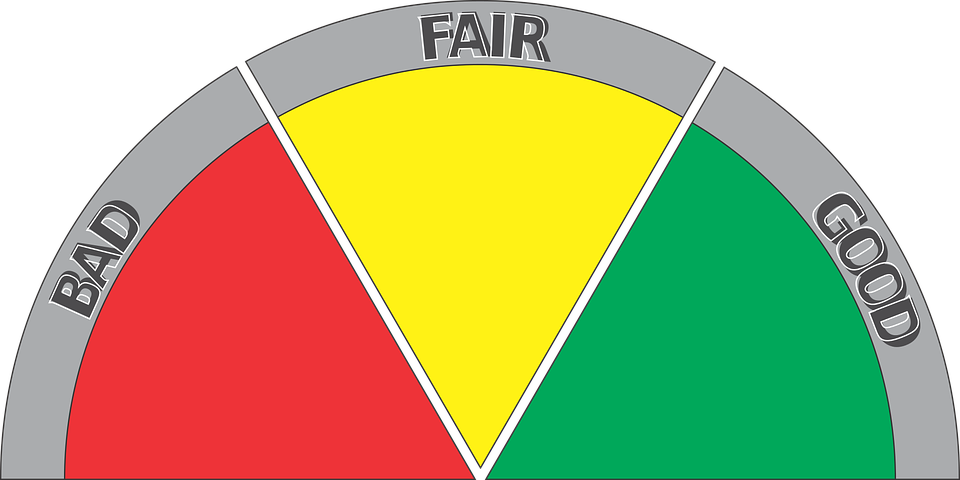Republic of Korea changes its recycling requirements
by Annis Mapleston at 15:19 in Packaging, Emerging
The Republic of Korea has published an amendment to its Act on the Promotion of Saving and Recycling Resources (link in Korean), in reaction to China's ban on imports of foreign waste which has resulted in local waste collection companies refusing to collect certain types of refuse.

As a result of the amendment, companies operating in Korea must undertake an evaluation of the recyclability of their packaging by September 2020. All elements of certain types of packaging must be assessed individually as excellent / good / average / difficult to recycle (precise definitions for each category have been produced, along with details of the tests that will need to be applied). Some of the types of packaging affected are:
- Paper cartons
- Glass bottles
- Aluminium cans
- PET bottles
- Composite material film sheets
Once the self-assessment has been completed, companies will need to submit their findings and relevant evidence to the Korea Environment Corporation, who will confirm the grades with a Certificate of Packaging Grade. Producers will then have six months to update their packaging with the relevant information, with all packaging to be labeled appropriately by December 2021.
It is intended that EPR contribution rates will be set according to packaging grades, with the potential introduction of incentives for using packaging that is 'excellent to recycle'.
Be warned: manufacturers and importers of non-compliant packaging may be subject to a ban on manufacturing, importation, sales or a fine not exceeding 1 billion KRW (£650,000).
Additionally, the amendment also announced that packaging containing PVC, coloured PET bottles and labels for PET bottles that use adhesives are banned from 25 December 2019 (with limited exceptions where there is no commercially viable alternatives e.g. packaging for pharmaceuticals). If non-compliant products are found on the market, producers will have 12 months to make changes, after which sanctions (including fines and bans) will be imposed.
If you have any questions about the developments in the Republic of Korea, please contact us to speak to one of our consultants. If you're interested in reading more articles and blogs like this one, sign up to receive our free monthly digest.
 Click here to receive regular updates on blog posts, webinars, and regulatory changes directly to your inbox
Click here to receive regular updates on blog posts, webinars, and regulatory changes directly to your inbox

